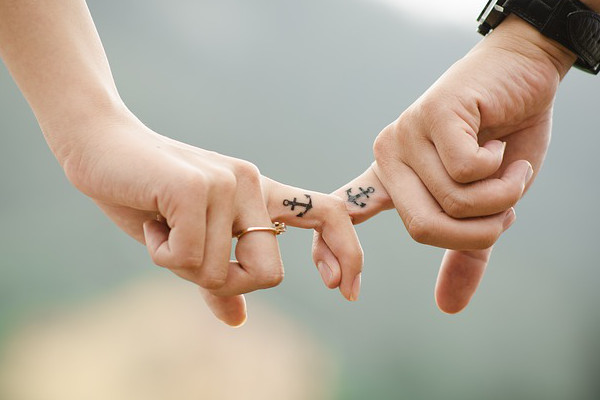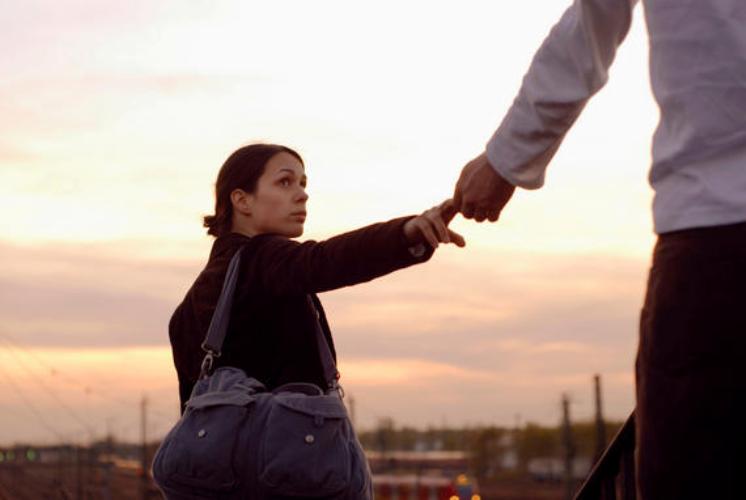You may not consider yourself to be the type of person how depends on someone else, but then you start to wonder if, in fact, you ARE that type of person – or if the person you’re dating is that type of person.
While your relationship may have started out great and everything was going so well for a while, you suddenly start to notice little things that you’re doing or that your other half is doing that makes you question the status of your relationship.
Namely, you’re wondering if you’re codependent.
What’s a codependent relationship?
It’s more than just clinginess – a lot more. Someone who is codependent plants their entire life around making the other person happy (the other person is what psychologists call the “enabler”.)
In other words, a codependent relationship is a relationship in which one person needs the other person, and the other person has the need to be needed.
The person who is codependent only feels a sense of self-worth when he or she makes sacrifices for the enabler, and the enabler is more than happy to accept the sacrifices the codependent makes.
Codependent relationships are unhealthy and toxic.
Often, people who are in these types of relationships don’t realize it, or suspect that they may be, but don’t know what to do about it. If any of the following signs apply to you and your partner, chances are you’re in a codependent relationship.
The Answer is Always “Yes” Even When It Should Be No
Codependents get their sense of self worth from their partners, or the enablers.
The enablers may ask their partner to do something off-putting, and instead of saying no, the codependent will say yes in order to make the other person happy.
In doing so, the codependent’s integrity is hurt, but he or she doesn’t seem to mind, or does mind, but still continues to say yes.
The enabler knows that what he or she is asking is too much or off-putting, yet asks anyway because they know their partner will give in and do it.
Stay, Even If the Relationship is Bad
Codependents will stay in a relationship, even if they are completely aware that the relationship is unhealthy and that his or her partner is doing things that are harmful and hurtful.
For instance, the enabler may verbally, mentally, or physically abuse the partner, and yet the partner stays in the relationship because it’s the very foundation of her self-worth.
In other words, she’ll stay even though she’s being treated badly because she doesn’t think she deserves better.
Feelings of Guilt
If you feel guilty when you think about yourself and put before your partner’s, there’s a very good chance that you’re a codependent.
If make your partner feel bad for putting himself and his needs before your own, you’re probably the enabler in a codependent relationship.
In a healthy relationship, both partners should be able to express their needs and desires, and should never feel guilty for expressing them, but rather feel encouraged to express them.
What to Do About It?
If any of the above apply to your relationship, it’s important take a look at how you feel and to take steps to correct it or get the help you need.
You may need to make adjustments to establish some separation, like take up a hobby or participate in an activity that you enjoy that doesn’t center on the relationship.
You could also try to seek the support of trusted friends and family members.
Another option is to seek counseling and learn how to adjust your way of thinking. If necessary, you may need to put an end to the relationship completely.








